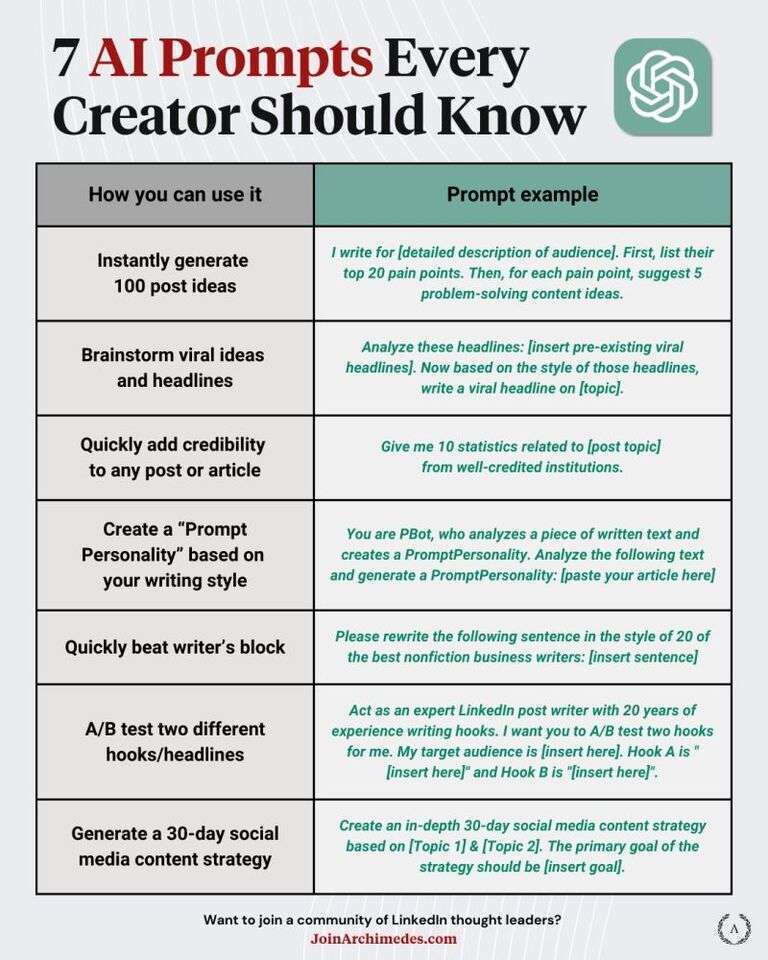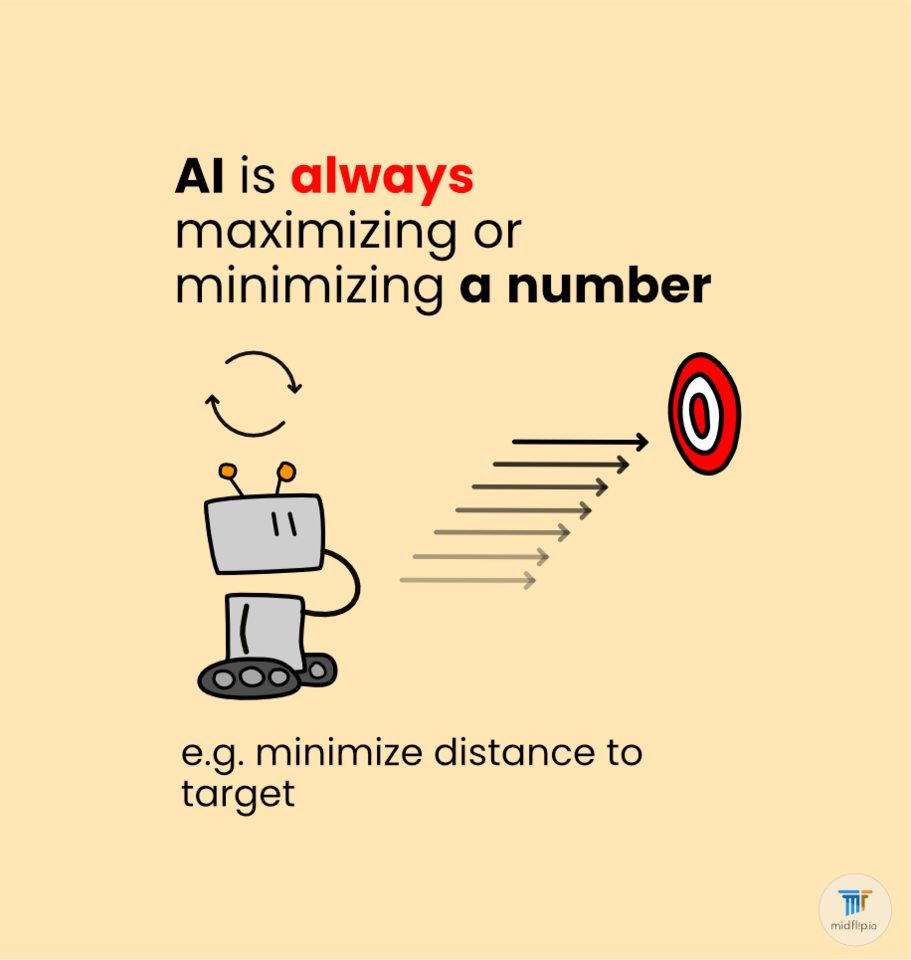You were made to move. Run, jump, carry, fight, and build. Humans were made to do.
The modern world often robs us of this. Sitting with a bag of chips. Drowning in a rabbit hole doom scroll. On your little screen, withering. lol. LOL. Too strong?
Just get outside and do something! (I am yelling at myself more than you) .
Mentally, exercise is a proven stress reliever. The endorphins released can quickly boost mood and relieve anxiety and depression. Studies show regular activity dramatically reduces fatigue and sharpens focus and cognition. Simply getting outside and away from screens recharges mental bandwidth. Exercise also encourages restful sleep, further alleviating stress.
(1) Association between physical exercise and mental health in 1·2 million individuals in the USA between 2011 and 2015: a cross-sectional study - The Lancet Psychiatry
Physically, the benefits are just as powerful. Weight-bearing exercise strengthens bones and prevents osteoporosis. Stretching preserves flexibility and range of motion. Cardio exercise conditions the heart and lungs, reducing blood pressure and cholesterol for better cardiovascular health. Strong muscles support joints, prevent injury, and maintain mobility.
Sedentary adults have nearly double the risk of heart disease and Type 2 diabetes. Obesity and high blood pressure put strain on the body. Lack of muscle strength leads to frailty and fractures. Ailments like arthritis and chronic back pain become harder to manage. The economic costs are also staggering - inactivity leads to millions in preventable healthcare spending each year.
If exercise were a pill, it would be the greatest drug ever invented. Less stress, anxiety, and mood swings. Feel better. Be more alert. Be smarter. Get better sleep. Become stronger. Exercise is a positivity force multiplier.
Less stress, anxiety, and mood swings. Feel better. Be more alert. Be smarter. Get better sleep. Become stronger. Exercise is a positivity force multiplier.
Despite these perks, many people find themselves not exercising. Workplace automation and sedentary lifestyles mean less natural movement. Exercise takes time and energy we feel we lack. The default is to do nothing.
Your move
The modern world does not push you to exercise, you must push yourself. The good news? It's never too late to get moving. Starting an exercise routine delivers rapid benefits, whatever your current ability or fitness level. Building the habit just takes patience and planning.
First, set realistic goals based on your schedule and current mobility. Committing to too much too fast leads to burnout. Start with shorter or less intense sessions, like 20 minutes of walking or basic body weight squats and lunges. Gradually increase duration and challenge as your stamina improves.
Next, choose activities you enjoy - exercise should energize you! Dancing, basketball, yard work, and playing with kids. If your knees can't take running, try cycling or swimming. Make exercise social by joining a class or team. Having company motivates. Integrate movement into your daily routine too, like walking meetings or active video game breaks.
Overcome barriers like lack of time. Schedule workouts - set alarms or set up appointments . Wake up 30 minutes earlier and fit in a morning jog, or go for a family walk after dinner.
Finally, accountability helps. Share your goals and progress with a partner, or leverage apps to track activity. Some gentle competition and check-ins keep motivation high. Recognize small milestones like exercising 3x a week or hitting 10,000 daily steps. Building exercise into your lifestyle delivers compounding rewards over time.
The merits of regular exercise are clear - improved physical and mental health, lower disease risk, maintained strength and mobility. Start where you are, focus on enjoyment, and be patient. Your body will thank you.





Hot comments
about anything